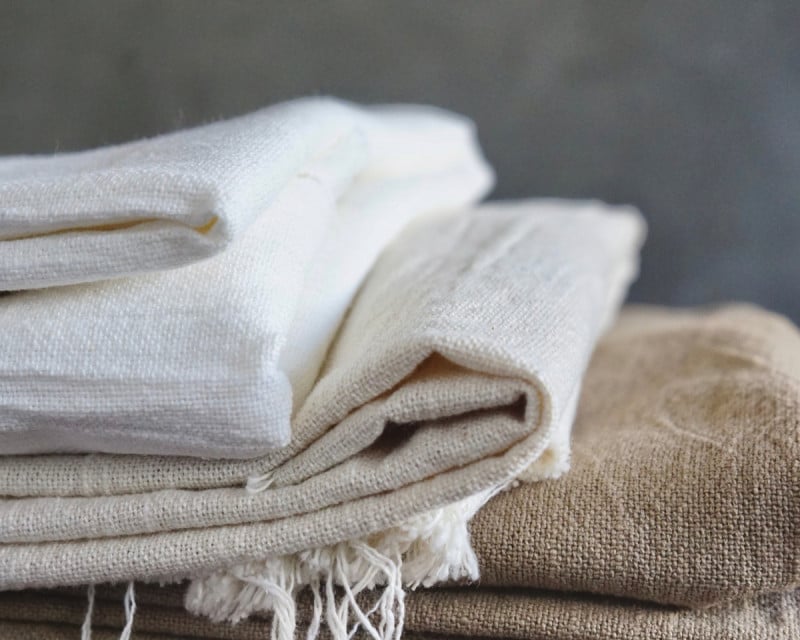
For people with chemical sensitivities—even allergies—linen clothing is an ideal choice. Linen itself is naturally hypoallergenic and skin-friendly, which is why it is often used for bandages dating all the way back to the ancient Egyptians.
Linen is also naturally anti-bacterial and pathogen-resistant thanks to its inherent wicking and moisture-retention properties—it can absorb up to 20% of its own weight in water without feeling wet. This in turn inhibits bacterial growth and makes linen a highly sanitary choice.
The skin is an extremely sensitive protective layer that absorbs the external factors that reach and touch our bodies every day. Among the thousands of fibers available, the so-called synthetics are particularly allergic, unfortunately, these are the main fabrics available on the market.
In case of major skin problems, an allergic reaction can be extremely dangerous, including shortness of breath, tissue changes, and inflammation requiring pharmacological intervention. Despite this risk, many manufacturers still use artificial and synthetic materials and dye them with harmful chemicals. In extreme cases, allergies to nickel and rigid, sewn-in labels can also occur, irritating the most sensitive skin. The problem is bigger than we initially suspect, especially if we are dealing with contact allergy.
What is important, textiles can also trigger allergies in the respiratory tract. If the tissue has static properties (which results in an accumulation of electrostatic charges), it attracts dust floating in the air, increasing the risk of breathlessness or dry cough.
In the event of such major health problems, it is recommended to choose only natural textiles whose decoloration and sourcing comply with the most important environmental rules.

